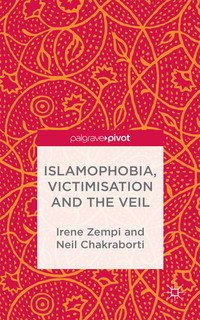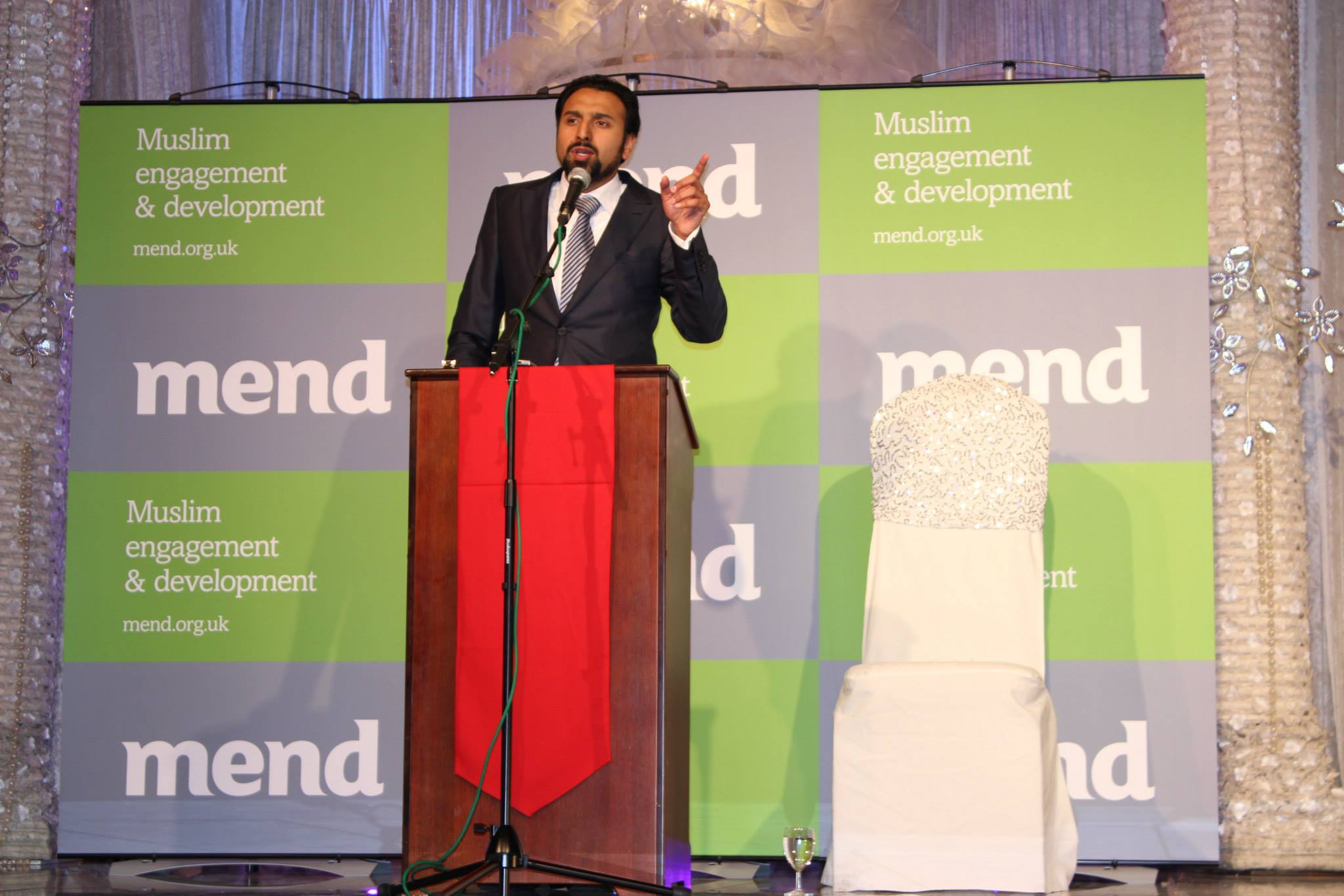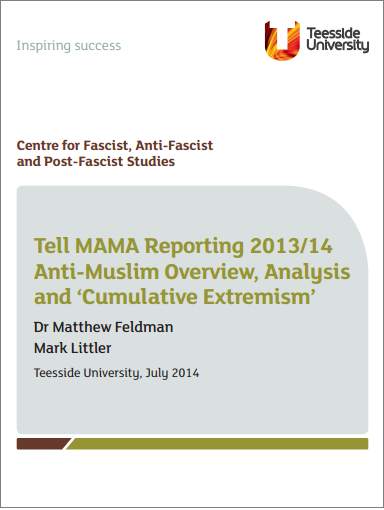 Muslim women who wear a full veil say there are no-go areas in Leicester which they feel frightened to visit – even in a car. They claim they are subjected to abuse every day and that it is getting increasingly difficult to avoid such incidents in the city centre.
Muslim women who wear a full veil say there are no-go areas in Leicester which they feel frightened to visit – even in a car. They claim they are subjected to abuse every day and that it is getting increasingly difficult to avoid such incidents in the city centre.
The revelations are contained in a new book by two criminology lecturers at the University of Leicester. More than 100 Leicester-based Muslim women were interviewed over a 12-month period for the book, called Islamophobia, Victimisation and the Veil.
One woman who took part in the study told the Mercury: “People feel free to have a pop at us every day. They swear, stare, spit and tell us to go home. They call us terrorists.”
The woman, who did not want to be named, said: “There are areas in Leicester we don’t go to, even in a car. It is also becoming more difficult to wear the niqab in the city centre. I don’t go in any more unless I really have to.”
The woman added: “I am as British as anyone. We follow the football and the tennis at home. My boys try to make a joke of it calling me ‘Ninja mum’. We had thought that if we ignore it, it would go away. It hasn’t.”
The book was written by Dr Irene Zempi and Neil Chakraborti.
Dr Zempi wore a niqab for a month to understand what her interviewees experienced. “Attitudes to me changed over night,” she said. “People were abusive and threatening, and where previously shop assistants were friendly, they simply ignored me. I did not want to go out and I became depressed.”
She added: “The level of abuse that participants faced depended upon whether they were in their local community or whether they were leaving their ‘comfort zone’. Some participants referred to ‘no-go zones’ for Muslims in Leicester such as the traditionally white areas of Braunstone, Beaumont Leys, Saffron Lane, New Parks, Hamilton and even Leicester city centre.”
Many of the women interviewed said they had moved to the city in the belief that Leicester would provide a better life for them and their families. However, one woman said she had tea thrown at her and another said she was elbowed in the stomach when pregnant.

 Around 1000 religious leaders, politicians, academics, journalists, social and political activists, and Muslims from around the country attended events in London, Birmingham and Greater Manchester to welcome the launch of a new British Muslim organisation, MEND (Muslim Engagement and Development) set up to tackle Islamophobia is all its varied forms.
Around 1000 religious leaders, politicians, academics, journalists, social and political activists, and Muslims from around the country attended events in London, Birmingham and Greater Manchester to welcome the launch of a new British Muslim organisation, MEND (Muslim Engagement and Development) set up to tackle Islamophobia is all its varied forms. A Bradford MP has called for a debate on what should be allowed in secular schools following the Trojan Horse row.
A Bradford MP has called for a debate on what should be allowed in secular schools following the Trojan Horse row. Michael Gove has called for a “robust” defence of liberal values in the face of the challenge from Islamist extremists. The education secretary said it was essential that extremists were denied a platform in schools and other public institutions to push their agenda.
Michael Gove has called for a “robust” defence of liberal values in the face of the challenge from Islamist extremists. The education secretary said it was essential that extremists were denied a platform in schools and other public institutions to push their agenda. As part of his party’s plan to
As part of his party’s plan to 
 The number of reported instances of anti-Muslim hate crime in the UK has risen sharply since the murder of a British soldier in London last year, with women wearing traditional Islamic dress most likely to be the victims of abuse and street attacks, according to a new study.
The number of reported instances of anti-Muslim hate crime in the UK has risen sharply since the murder of a British soldier in London last year, with women wearing traditional Islamic dress most likely to be the victims of abuse and street attacks, according to a new study.
